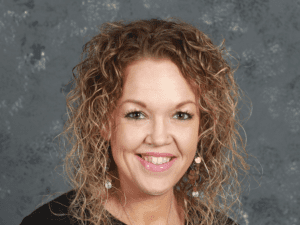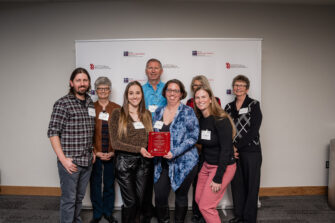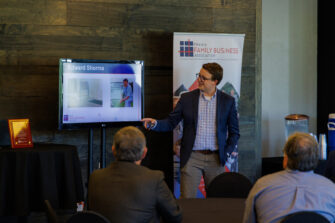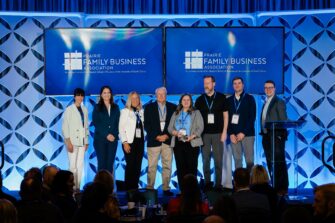Research shows these 3 elements are key to successful family business transitions
Recent News
Learn more about addiction challenges with this webinar
Family businesses aren’t immune to issues with addiction and mental health challenges.
They actually can experience them more acutely, as loved ones’ struggles impact both at home and at work.
Prairie Family Business Association is connecting its members with valuable expertise through a webinar Dec. 6 from noon to 1:30 p.m.
Featuring Melissa Roby of Avera Behavioral Health Services and Tim Ryan of Face It Together, the program will address how to handle the stigmas associated with mental illness and addiction, how to support those dealing with them and how to realize a positive return on your investment in workplace programs.
Roby and Ryan gave us some insight and a preview of what they will be addressing.
In your work with family businesses, what are some of the unique challenges you find in helping work through issues of addiction and mental illness in the workplace?

Roby: Educating employees and family members about the disease of addiction and all the aspects of recovery, including getting sober, relapse, recovery support, etc.
Are there some strategies family businesses can employ when the person needing help is both an employee and a family member?
Roby: Allowing the person to seek outside help and for the business to have a provider to refer to such as an EAP program. Also having policies in place regarding substance use such as consequences for those who come to work intoxicated, etc.

Ryan: There really needs to be a predetermined process or plan. Addiction and mental illness are difficult to address in any context, let alone one where family dynamics exist. To understand the difficulty, take for instance a scenario where the father and company president — with the authority to fire all employees — has addiction that is affecting the business and gets confronted by his son, a senior-ranking employee and next-generation family member. Simply put, outside professionals who are qualified to help the family members get better are critical.
Family businesses also have employees, like any other business, who face similar issues. What are some best practices you’ve seen in the workplace for addressing addiction and mental health challenges?
Roby: Employee assistance programs and offering support to those individuals with addiction problems. Also giving the employee time to seek the help they need.
Ryan: Be consistent. If you have taken the time to develop a process for handling addiction and mental health, use it. Chances are there is no-cost or low-cost help available in these areas in provided health benefits. Make it a priority to communicate what’s available, but more importantly why the company made it a priority to have the coverage available in the first place.
Companies can invest in programs to help. How should they be evaluating their options, and what type of return might they be able to realize?
Roby: If an employee or family member shares they have a problem, recommend they get an assessment completed and follow through with all the recommendations provided to ensure more long-term success.
Ryan: How do you make important family business decisions? Use the same rigor, due diligence and decision-making process. Succession is a 24/7 responsibility of every active generation in the business. Having a well-understood process and easy, confidential access to help will curb the high-risks associated with winging it. This is an avoidable family business landmine.
Returns can vary depending on where the team member is positioned on the org chart and if there are severe reputation consequences, like with a senior-ranking family member. My personal experience with investing in addiction and mental illness resources was between 3-10:1 return on investment.
What are you hoping people most take away from the Dec. 6 webinar?
Roby: The understanding that addiction not only affects the individual, but everyone involved in their life; relapse is part of addiction; and there is no “cookie-cutter” recovery program for addiction.
Ryan: Have a plan or process. You already have or will encounter these in your company at varying degrees with family and employees. Everyone will benefit, including your customers, from a well-designed and articulated plan.
You can view the webinar independently or at one of many Prairie Family Business host sites. To learn more and register, click here.




